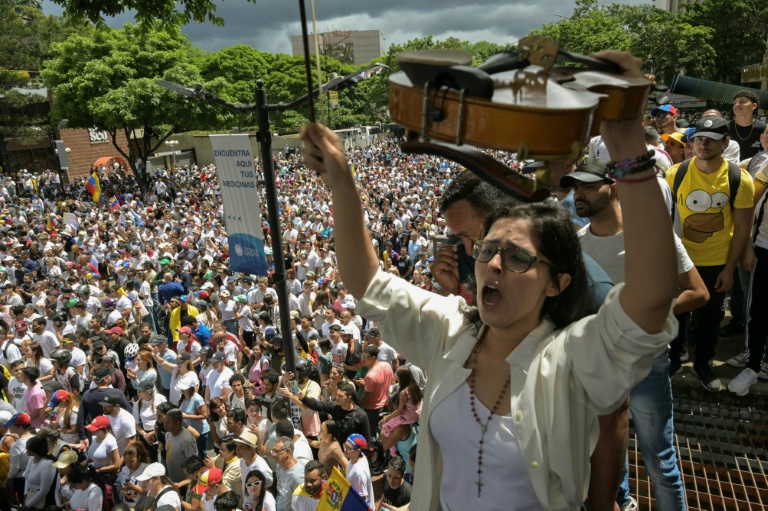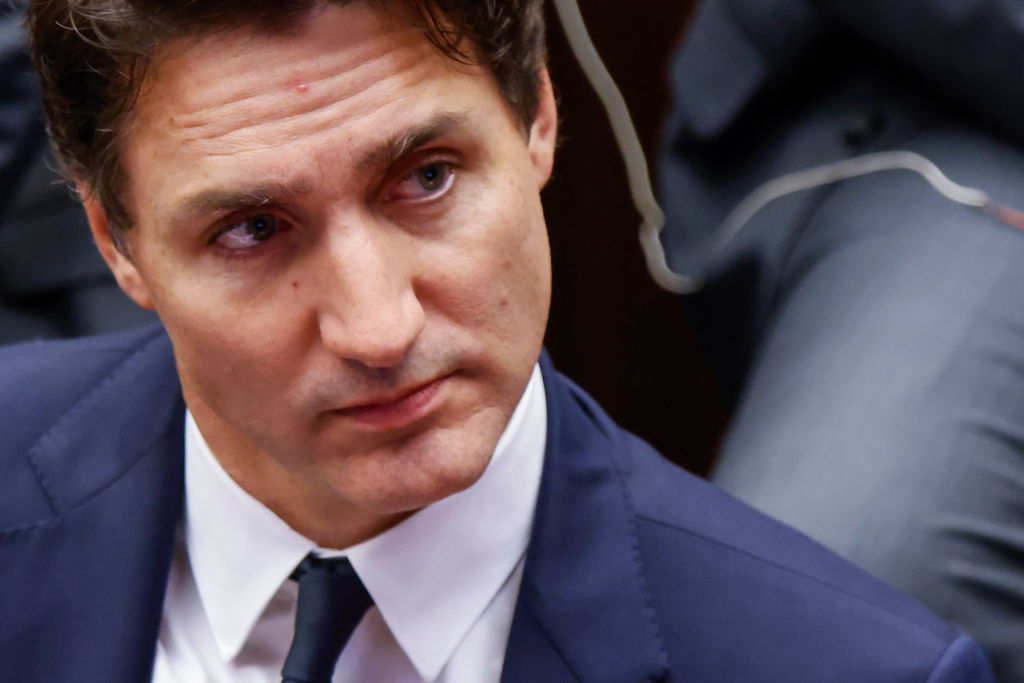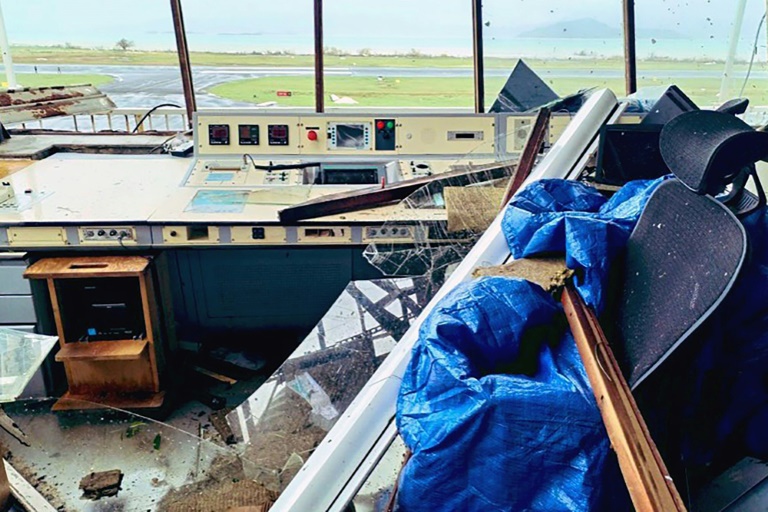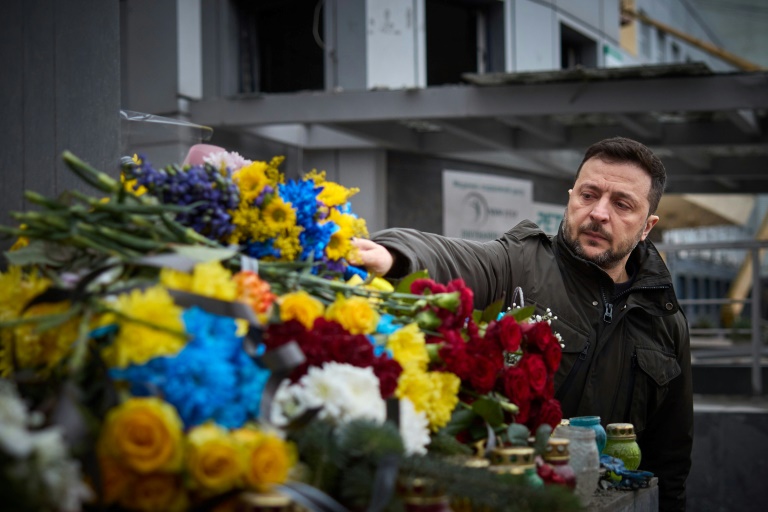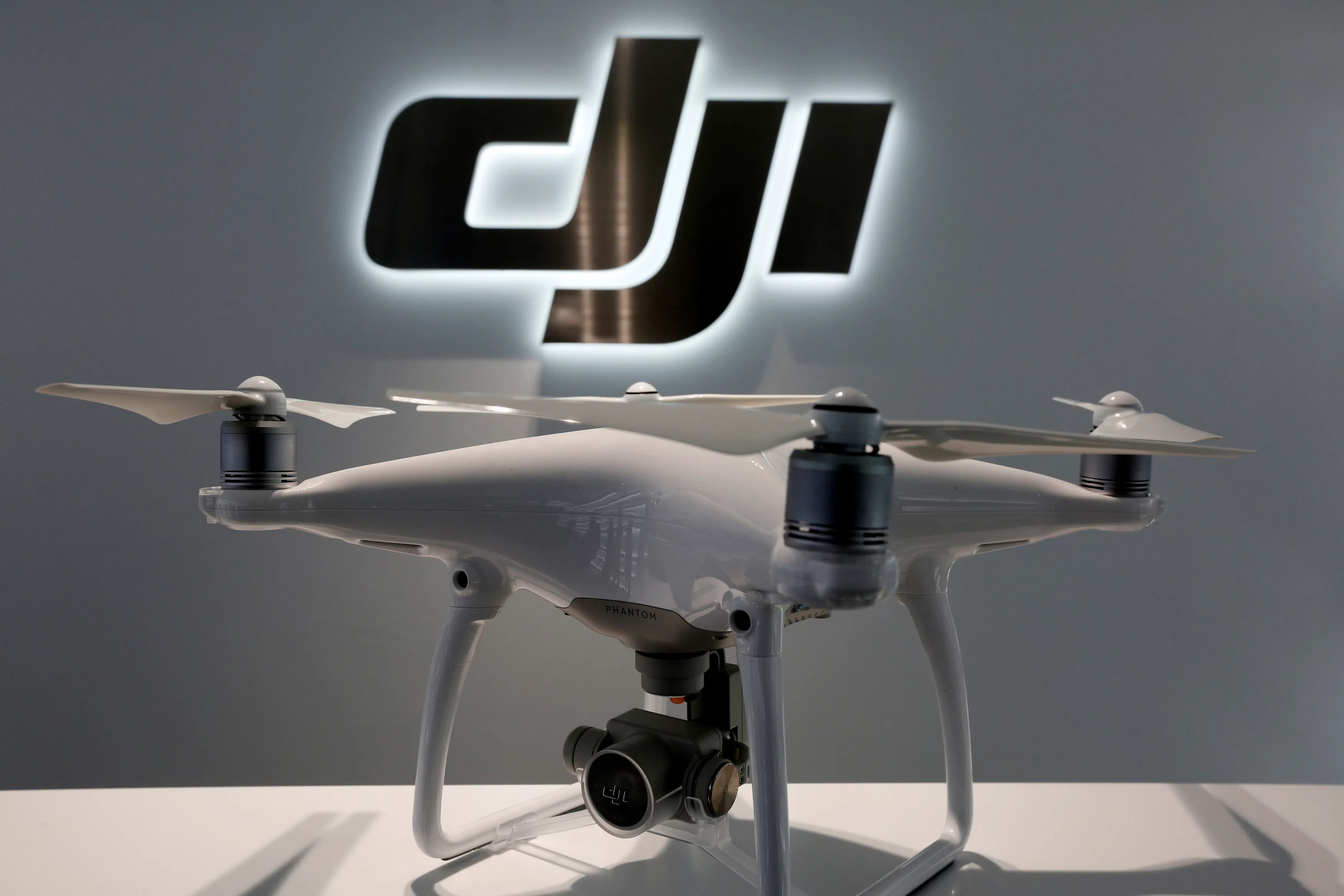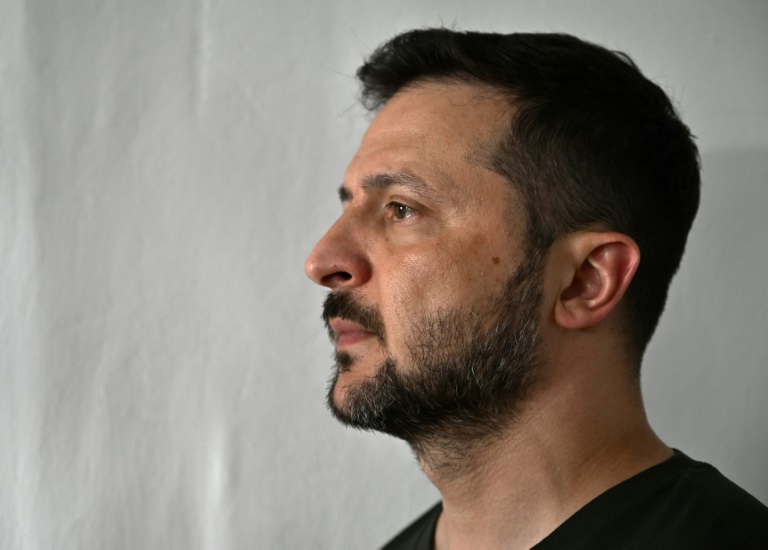International pressure mounted Wednesday on Venezuela’s President Nicolas Maduro to release voting records to back his contested election victory claim that has sent thousands onto the streets in protest, at the cost of a dozen lives so far.
The European Union, Spain and Colombia added their voices to growing calls for transparency three days after a vote the CNE electoral council gave to Maduro with 51 percent of ballots cast — but without providing a detailed breakdown.
The opposition says its own tally of polling station-level results showed its candidate Edmundo Gonzalez Urrutia, a 74-year-old retired diplomat, had won by a wide margin.
On Monday, thousands of Venezuelans took to the streets shouting “Freedom, freedom!” and “This government is going to fall!”
They banged pots and pans — a typical Latin American form of protest — and some ripped Maduro campaign posters from street posts and burned them.
Security forces fired tear gas and rubber bullets, and the Foro Penal human rights group said at least 11 civilians, two of them minors, were killed. Dozens more were injured and at least 177 arrested countrywide.
The military reported one death and 23 injuries among its ranks.
Attorney General Tarek William Saab said 749 “criminals” had been arrested at protests and faced charges of resisting authority or, “in the most serious cases, terrorism.”
Undaunted, thousands gathered again Tuesday for peaceful demonstrations of support for the opposition in several cities, with those at the main rally in Caracas waving Venezuelan flags and chanting “Maduro dictator!” and “Edmundo president!”
EU foreign affairs chief Josep Borrell on Wednesday called for “immediate access to the voting records of polling stations,” without which “election results that have already been declared cannot be recognized.”
Borrell also called for the regime to “end arrests, repression and violent rhetoric against members of the opposition.”
Spanish Prime Minister Pedro Sanchez echoed Borrell’s call for transparency and made an appeal for “respect for fundamental rights” in the former colony.
President Gustavo Petro of Colombia — which hosts the largest number of Venezuelans who have fled economic collapse and repression at home — called for a transparent vote count under “professional international supervision.”
The Carter Center, one of the few international bodies whose observers were allowed into Venezuela, said Tuesday the elections “cannot be considered democratic.”
And the Organization of American States, a regional human rights body with more than 30 members, charged there had been “exceptional manipulation” of the results.
The United Nations, White House and G7 have also expressed concern.
Maduro, for his part, upped the ante, vowing justice for “the devils and demons” and saying the opposition would be held responsible for “criminal violence.”
National Assembly President Jorge Rodriguez, also Maduro’s campaign manager, said Gonzalez Urrutia and opposition leader Maria Corina Machado “should be arrested.”
Defense Minister Vladimir Padrino insisted Maduro had the “absolute loyalty and unconditional support” of the armed forces.
Maduro, 61, has led the oil-rich country since 2013, presiding over a GDP drop of 80 percent that pushed more than seven million of once-wealthy Venezuela’s 30 million citizens to emigrate.
He is accused of locking up critics and harassing opponents in a climate of rising authoritarianism.
Sunday’s elections were held in the shadow of Maduro’s warnings of a “bloodbath” if he were to lose, and amid widespread fear the vote would be stolen.
Independent polls had predicted a convincing win for Gonzalez Urrutia.
Maduro’s previous reelection, in 2018, was rejected as a sham by dozens of Western and Latin American countries.
But years of crippling US sanctions failed to dislodge the president, who enjoys loyalty from the military leadership, electoral bodies, courts and other state institutions, as well as the backing of Russia, China and Cuba.
There were long queues at stores and supermarkets in Caracas Tuesday as residents stocked up on food, toilet paper and soap.
Most other businesses were still shuttered on Wednesday morning, with the streets of the capital eerily quiet apart from security forces on patrol.
Peru recognized Gonzalez Urrutia as Venezuela’s legitimate president on Tuesday, prompting Caracas to sever diplomatic ties.
Caracas has withdrawn diplomatic staff from eight critical Latin American countries and asked envoys from those nations to leave its territory.
As international rifts deepened, Panama and Venezuela reciprocally cancelled flights.
AFP
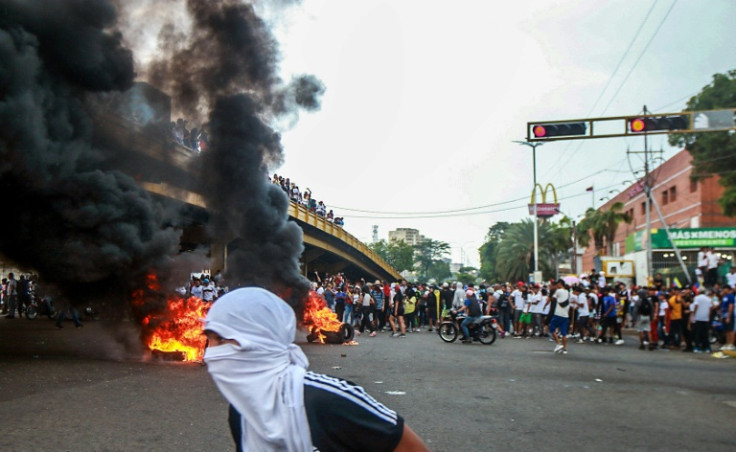
AFP

AFP
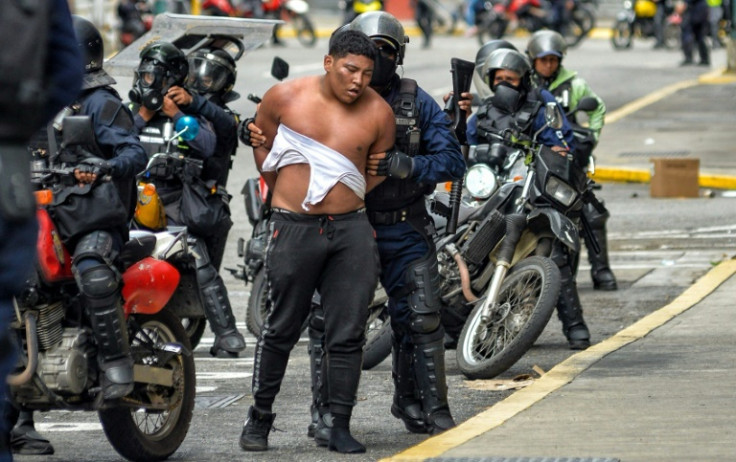
AFP

